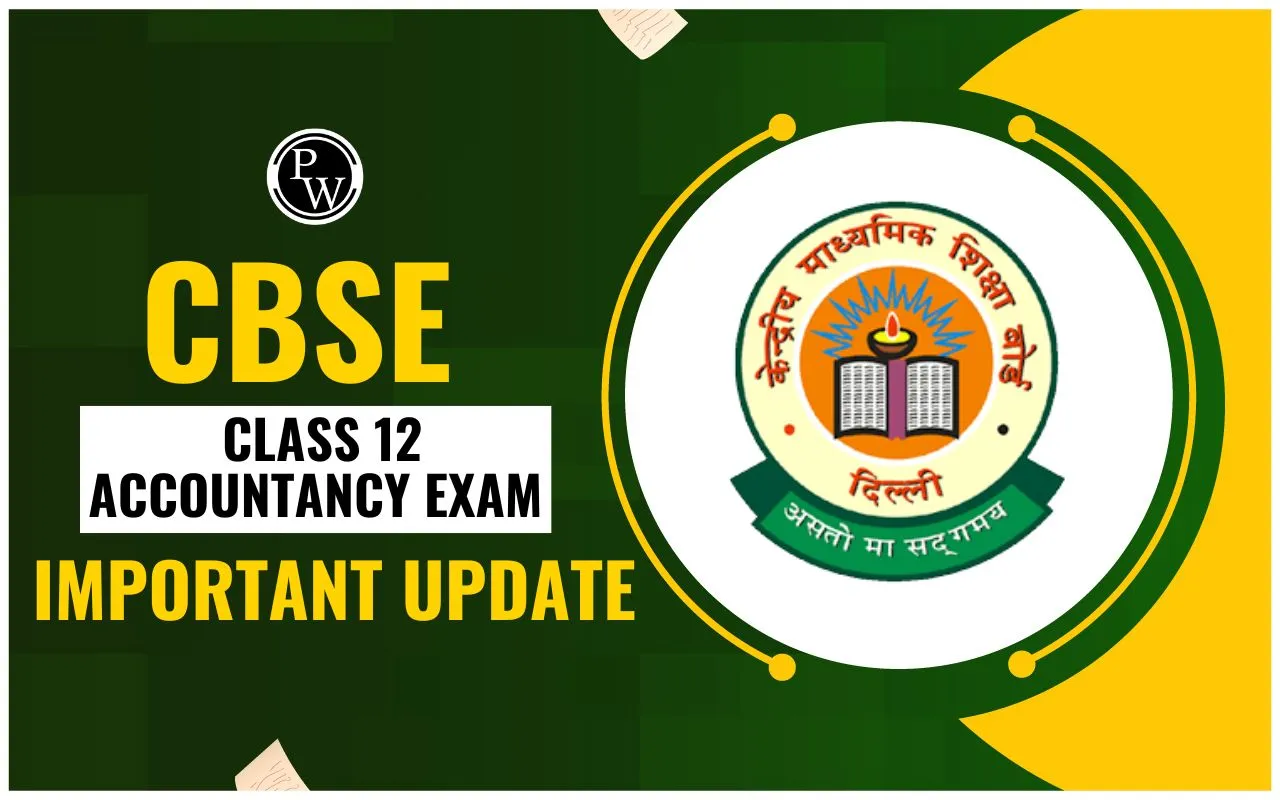
Open market operations (OMO) are activities a central bank takes to control the money supply, such as purchases and sells of short-term Treasury securities and other securities on the open market. The RBI employs open market operations to affect interest rates, specifically the bank rate used for interbank lending. Purchasing securities injects money into the economy, lowering interest rates and increasing lending availability.
Open Market Operations Meaning
Open Market Operations, a fundamental tool in monetary policy, involve the buying and selling of government securities by a central bank in the open market. This activity directly influences the money supply and interest rates in the economy.
In simpler terms, when a central bank, like the Reserve Bank of India, wants to increase the money supply and lower interest rates, it buys government securities from commercial banks and the public. By doing so, these banks and individuals receive payment in the form of new money, effectively increasing the overall money supply in the economy.
Key Points of Open Market Operations by RBI
- Open Market Operations (OMOs) are market operations done by the RBI through the sale/purchase of government securities to/from the market with the goal of permanently adjusting rupee liquidity circumstances in the market.
- If there is surplus liquidity, the RBI sells securities to extract rupee liquidity.
- Similarly, when liquidity is scarce, the RBI purchases securities from the market, releasing liquidity into the market.
- It is one of the quantitative (to regulate or control the total volume of money) monetary policy instruments used by a country's central bank to control the money supply in the economy.
Types of Open Market Operations by RBI
The Reserve Bank of India (RBI) employs several types of Open Market Operations (OMOs) to manage the money supply and interest rates in the economy:
Outright Purchase:
In this type of OMO, the RBI buys government securities from banks and financial institutions. By infusing money into the economy, this process aims to increase the money supply, making it easier for banks to lend and encouraging spending and investment.
Outright Sale:
Conversely, outright sale involves the RBI selling government securities to banks and other financial entities. Through this method, the central bank absorbs excess money from the financial system, reducing the money supply. This action helps in controlling inflation and preventing the economy from overheating.
Repo Operations:
RBI conducts repurchase agreements (repos) where it buys government securities from banks with an agreement to sell them back at a predetermined date. This serves as a short-term loan for the banks, providing liquidity while simultaneously influencing the money supply and interest rates.
Reverse Repo Operations:
In reverse repo operations, the RBI sells government securities to banks with an agreement to buy them back later. Banks, in this case, lend money to the RBI, absorbing excess liquidity from the market and helping in managing inflationary pressures.
Special OMOs:
RBI may also conduct special OMOs, where it targets specific maturity profiles or securities to address particular liquidity or rate concerns in the market. These operations allow the central bank to fine-tune its monetary policy measures according to the prevailing economic conditions.
What is Long-Term Repo Operations?
The RBI issues short term repos of one-year and three-year tenures of appropriate size for up to Rs 1 lakh crore at the prevailing repo rate under LTRO.
Banks' funding costs decrease as they obtain long-term capital at reduced rates. As a result, debtors' interest rates are reduced.
LTRO assists the RBI in ensuring that banks cut their marginal cost of funds-based lending rates while not lowering policy rates.
LTRO Objectives:
- To reassure banks regarding the availability of long-term liquidity at a reasonable cost in relation to market conditions.
- Encourage banks to undergo maturity transformation in a smooth and seamless manner in order to increase credit flows to productive sectors.
- Maturity transformation occurs when banks convert short-term sources of credit, such as saver deposits, into long-term borrowings, such as mortgages.
Significance of Open Market Operations
Here we have provided the key reasons why OMOs are crucial:
Liquidity Management: OMOs balance available funds, preventing shortages or surpluses in the financial system.
Interest Rate Control: OMOs influence short-term interest rates, stimulating spending or curbing inflation by adjusting the money supply.
Monetary Policy Implementation: OMOs swiftly execute central banks' policy decisions, fine-tuning the economy's money flow.
Market Stability: OMOs prevent sudden fluctuations in interest rates and asset prices, ensuring financial market stability.
Inflation Control: OMOs reduce the money supply, helping control inflation by preventing an overheated economy.
Economic Growth: OMOs stimulate or restrain economic growth by influencing interest rates and money supply, supporting stable expansion or mitigating downturns.
Open Market Operations FAQs
What is the purpose of Open Market Operations (OMOs)?
How often do central banks conduct Open Market Operations?
What securities are involved in Open Market Operations?
How do Open Market Operations affect interest rates?
Can OMOs be used to control inflation?










